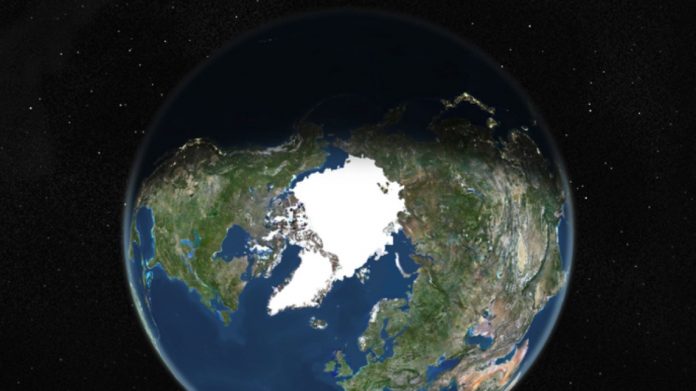นักวิทยาศาสตร์พบว่า การเปลี่ยนแปลงสภาพภูมิอากาศ (Climate change) กำลังส่งผลกระทบต่อความยาวของวันบนโลกมากกว่าที่เคยคาดการณ์ไว้ จากผลการศึกษาเพิ่มเติม ซึ่งตีพิมพ์ในวารสาร Proceedings of the National Academy of Sciences เมื่อวันจันทร์ที่ผ่านมา ชี้ให้เห็นว่าการละลายของน้ำแข็งขั้วโลกอันเนื่องมาจากภาวะโลกร้อนกำลังทำให้โลกหมุนช้าลง ส่งผลให้วันยาวขึ้น
ทีมนักวิจัยนานาชาติได้ศึกษาข้อมูลย้อนหลังไปถึงปี 1900 และคาดการณ์ไปถึงปี 2100 พบว่าในช่วงสองทศวรรษที่ผ่านมา ความยาวของวันเพิ่มขึ้นเฉลี่ย 1.33 มิลลิวินาทีต่อศตวรรษ ซึ่งสูงกว่าช่วงเวลาใดๆ ในศตวรรษที่ 20 อย่างมีนัยสำคัญ ถ้าหากการปล่อยมลพิษที่ทำให้โลกร้อนขึ้นยังคงเพิ่มสูงขึ้น คาดว่าภายในสิ้นศตวรรษนี้ การเปลี่ยนแปลงสภาพภูมิอากาศอาจทำให้วันยาวขึ้นเฉลี่ยถึง 2.62 มิลลิวินาที ซึ่งจะมากกว่าผลกระทบตามธรรมชาติของดวงจันทร์
แม้การเปลี่ยนแปลงนี้จะเล็กน้อยเกินกว่ามนุษย์จะรับรู้ได้ แต่มีผลสำคัญต่อเทคโนโลยีที่ต้องอาศัยการจับเวลาที่แม่นยำ เช่น ระบบ GPS และระบบสื่อสารและนำทางอื่นๆ
ดร. Surendra Adhikari นักธรณีฟิสิกส์จาก NASA กล่าวว่า “นี่เป็นหลักฐานที่แสดงให้เห็นถึงความรุนแรงของการเปลี่ยนแปลงสภาพภูมิอากาศที่กำลังดำเนินอยู่” และเสริมอีกว่า “ในเวลาเพียง 200 ปี เราได้เปลี่ยนแปลงระบบภูมิอากาศของโลกมากจนเราเห็นผลกระทบต่อการหมุนของโลก”
การศึกษาวิจัยนี้ เป็นการย้ำเตือนถึงผลกระทบอันใหญ่หลวงที่มนุษย์มีต่อโลก และความจำเป็นเร่งด่วนในการแก้ไขปัญหาการเปลี่ยนแปลงสภาพภูมิอากาศไม่ให้เลวร้ายไปกว่านี้
โดย CNN News
Climate Change Impacts Earth’s Time More Significantly Than Previously Thought

Scientists have discovered that climate change is affecting the length of Earth’s days more substantially than previously anticipated. A recent study, published in the Proceedings of the National Academy of Sciences on Monday, indicates that polar ice melt due to global warming is decelerating the Earth’s rotation, resulting in longer days.
An international team of researchers analyzed data from 1900 and projected it to 2100. They found that over the past two decades, the average day length has increased by 1.33 milliseconds per century, significantly higher than at any point in the 20th century. If greenhouse gas emissions continue to rise, it is predicted that by the end of this century, climate change could extend the average day length by up to 2.62 milliseconds, surpassing the natural effects of the moon.
Although these changes are imperceptible to humans, they have significant implications for technologies reliant on precise timekeeping, such as GPS and other communication and navigation systems.
Dr. Surendra Adhikari, a geophysicist from NASA, stated, “This is evidence of the severity of ongoing climate change.” He added, “In just 200 years, we have altered the Earth’s climate system so dramatically that we are witnessing its impact on the Earth’s rotation.”
This research serves as a stark reminder of humanity’s profound impact on the planet and underscores the urgent need to address climate change before it escalates further.
By CNN News

















